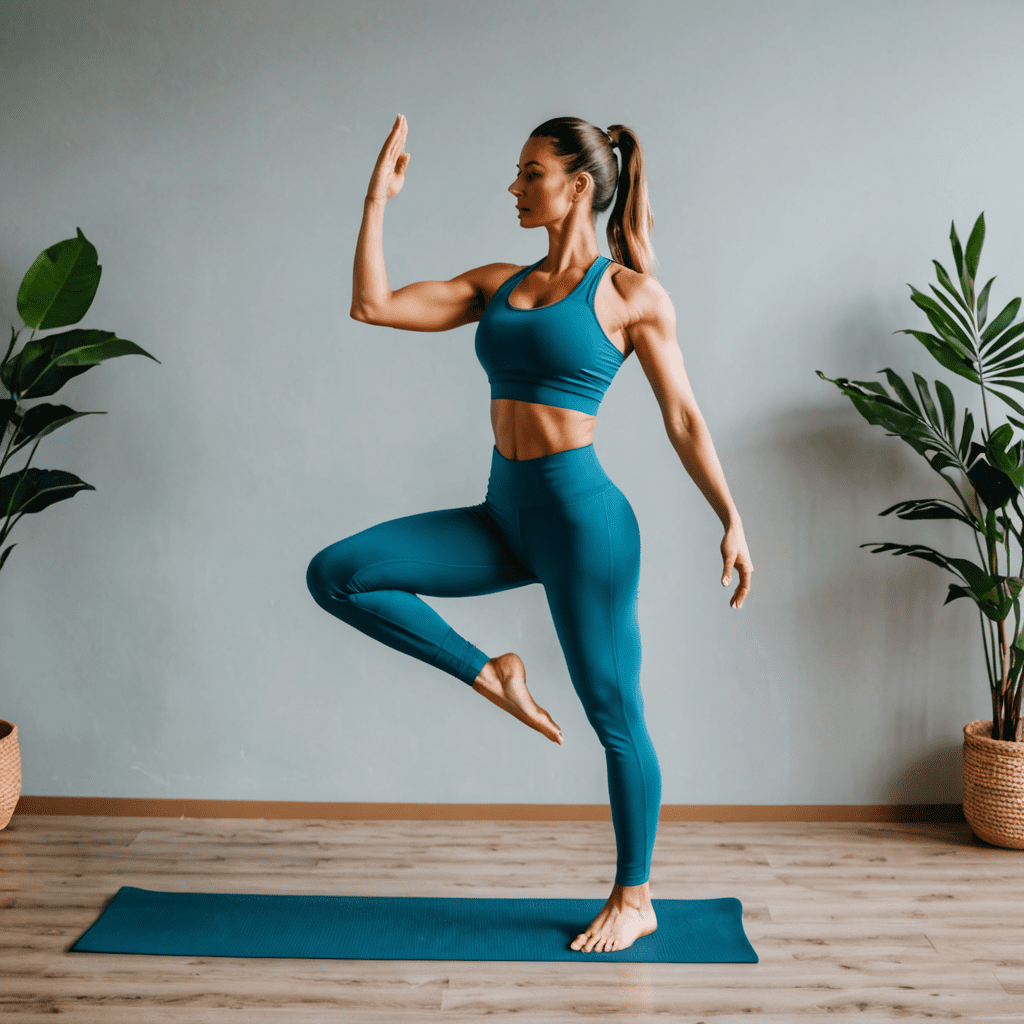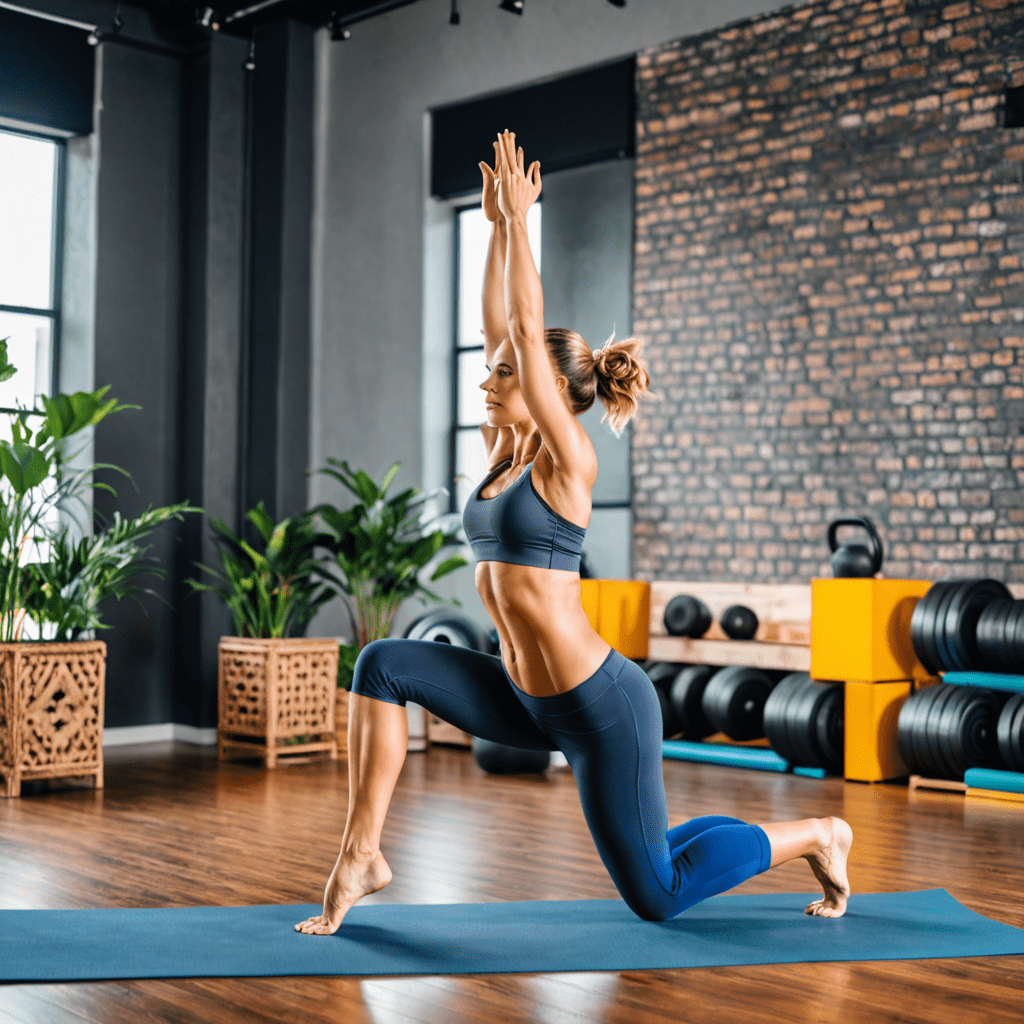
Yoga for Beginners: Practicing Yoga for Mind-Body Connection
Introduction to Yoga
Yoga is a practice that combines physical postures, breathing techniques, and meditation to promote overall well-being. It originated in ancient India and has evolved into various styles and forms. For beginners, starting with yoga can be a transformative journey towards achieving a deeper connection between the mind and body.
The Mind-Body Connection
The essence of yoga lies in cultivating a strong connection between the mind and body. Through asanas (physical postures) and pranayama (breathing exercises), practitioners can enhance their awareness of the present moment, reduce stress, and improve mental clarity. This mind-body connection is crucial for overall health and inner balance.
Benefits of Practicing Yoga
Practicing yoga offers a myriad of benefits for beginners, including increased flexibility, strength, balance, and stress reduction. It also promotes relaxation, better sleep, improved focus, and a sense of overall well-being. These benefits are not only physical but also extend to mental and emotional wellness.
Starting Your Yoga Practice
For beginners, it’s essential to start slowly and listen to your body. Begin with gentle yoga classes or online tutorials tailored for beginners. Focus on foundational poses like Mountain Pose, Downward-Facing Dog, and Child’s Pose. As you build strength and confidence, you can gradually explore more challenging poses and sequences.
Tips for Beginners
– Listen to your body and practice with mindfulness.
– Take it slow and gradually increase the intensity of your practice.
– Remember to breathe deeply and stay present in each pose.
– Stay consistent with your practice to see improvements over time.
– Seek guidance from a certified yoga instructor if needed.
Creating a Sacred Space for Practice
Designating a peaceful and clutter-free space for your yoga practice can enhance the mind-body connection. Decorate your space with calming elements like candles, essential oils, or a personal altar. Creating a sacred space can help you enter a state of mindfulness and focus during your practice.
Conclusion
Practicing yoga as a beginner is a wonderful way to nurture the mind-body connection, improve physical fitness, and cultivate inner peace. By approaching yoga with dedication, patience, and an open mind, beginners can embark on a transformative journey towards holistic well-being. Remember that yoga is a personal practice, and every step you take on the mat is a step towards self-discovery and self-improvement. Embrace the journey and let yoga guide you towards a harmonious connection between your mind and body.
Yoga for Beginners: Practicing Yoga for Mind-Body Connection FAQ
What is the significance of yoga for beginners?
Yoga for beginners serves as a gentle introduction to the practice, focusing on foundational poses, breathing techniques, and mindfulness. It allows newcomers to gradually build strength, flexibility, and inner awareness.
How does yoga benefit the mind-body connection?
Yoga integrates physical postures with breath control and meditation, fostering a holistic connection between the body and mind. This enhances self-awareness, reduces stress, promotes relaxation, and improves overall well-being.
What can beginners expect in a yoga class?
In a beginner yoga class, participants can expect a welcoming environment with emphasis on proper alignment, breathing techniques, and relaxation. The instructor guides students through basic poses and encourages mindful awareness throughout the practice.
How often should beginners practice yoga for optimal benefits?
For beginners, practicing yoga 2-3 times per week is recommended to establish a consistent routine and experience the benefits of improved flexibility, strength, and mental clarity. Starting with shorter sessions and gradually increasing duration can be beneficial.

